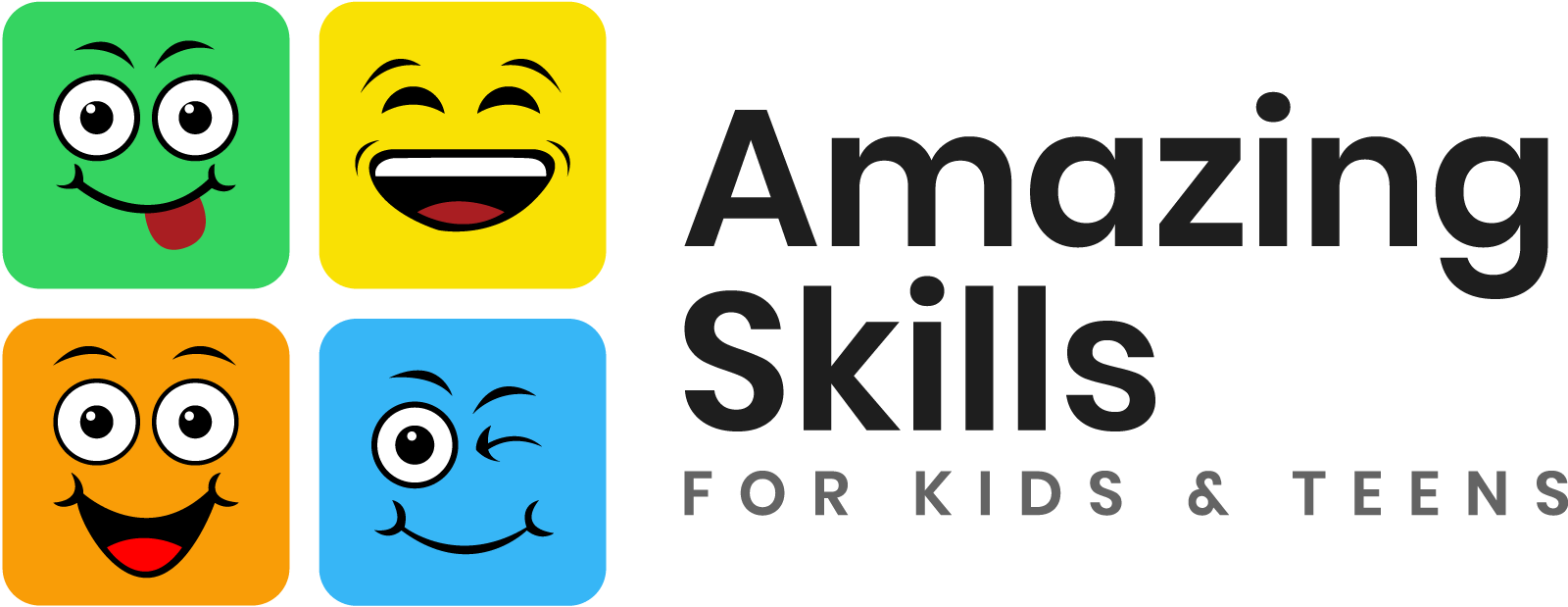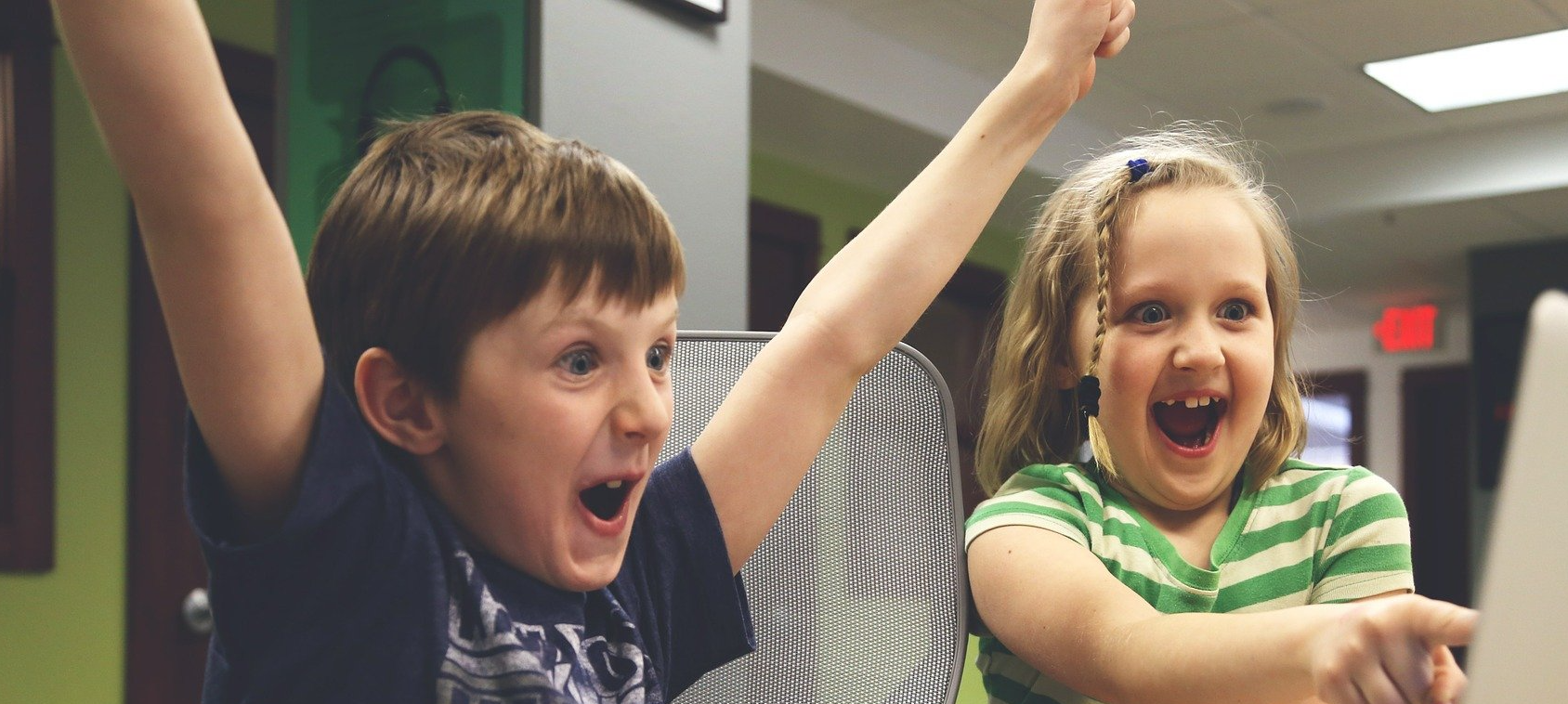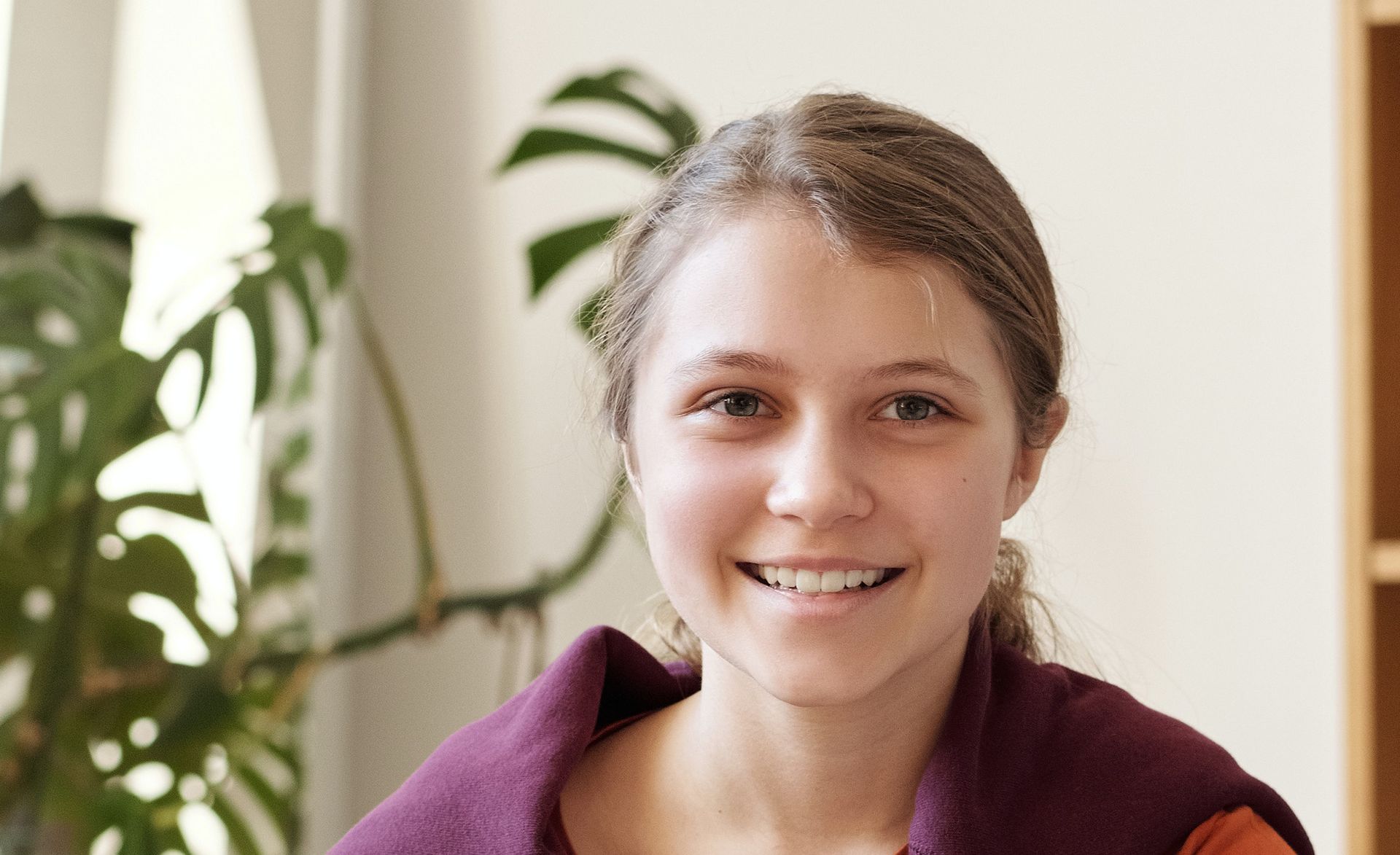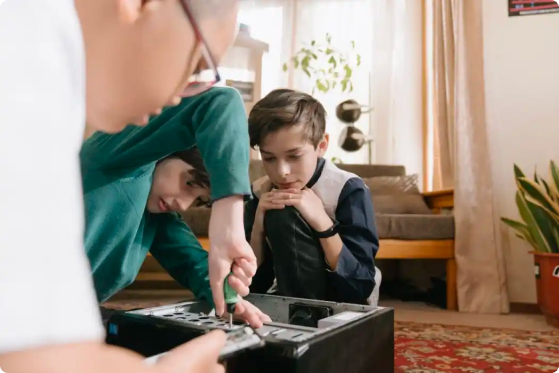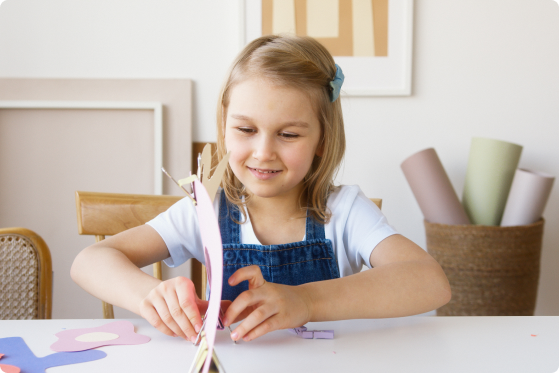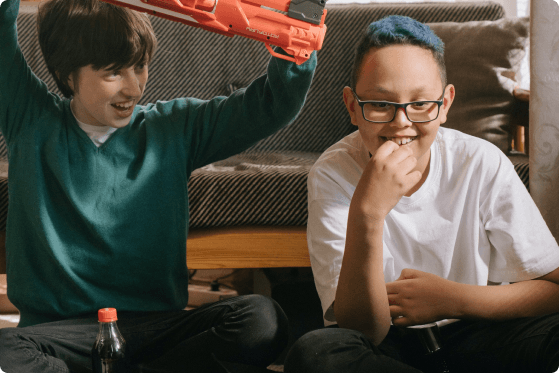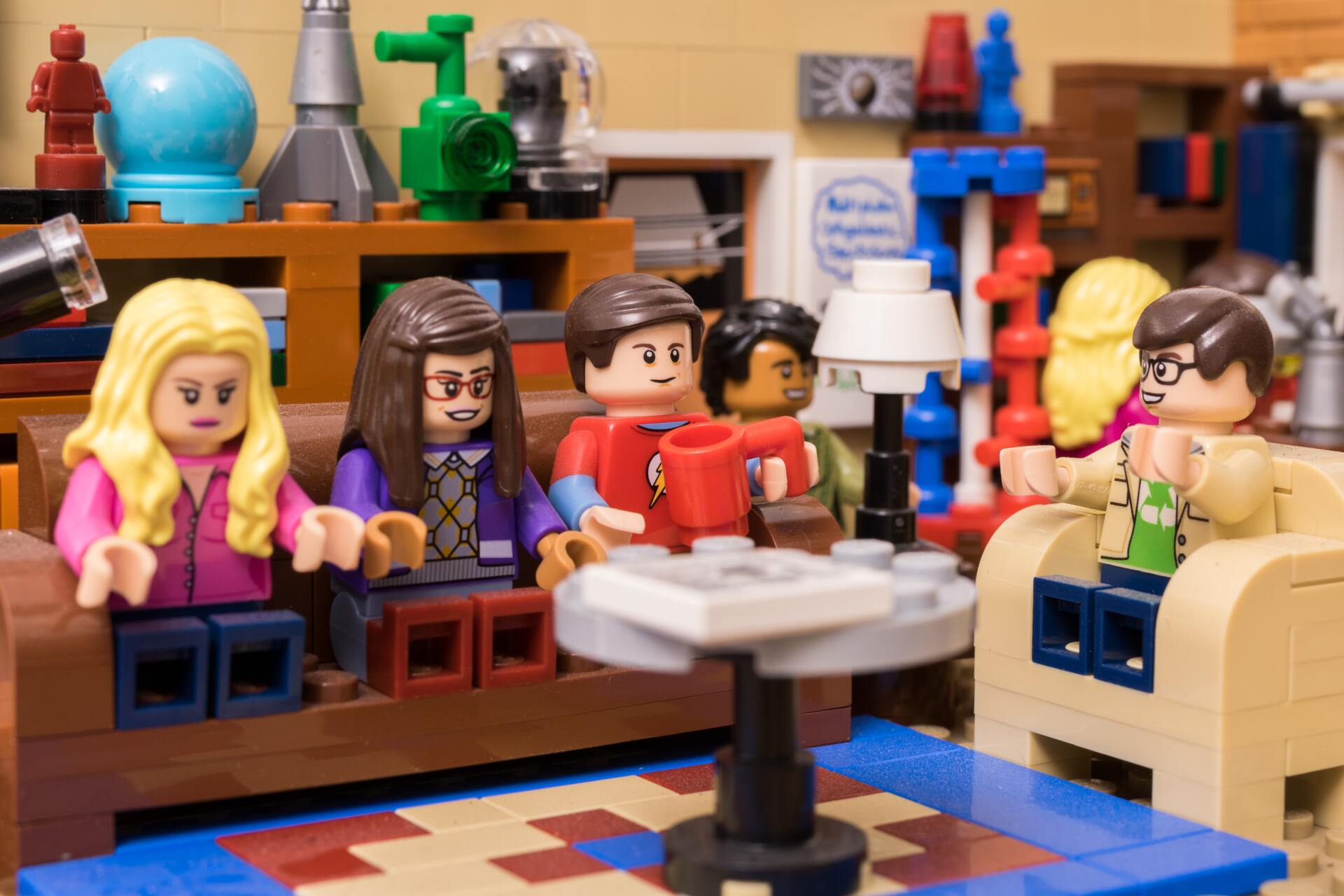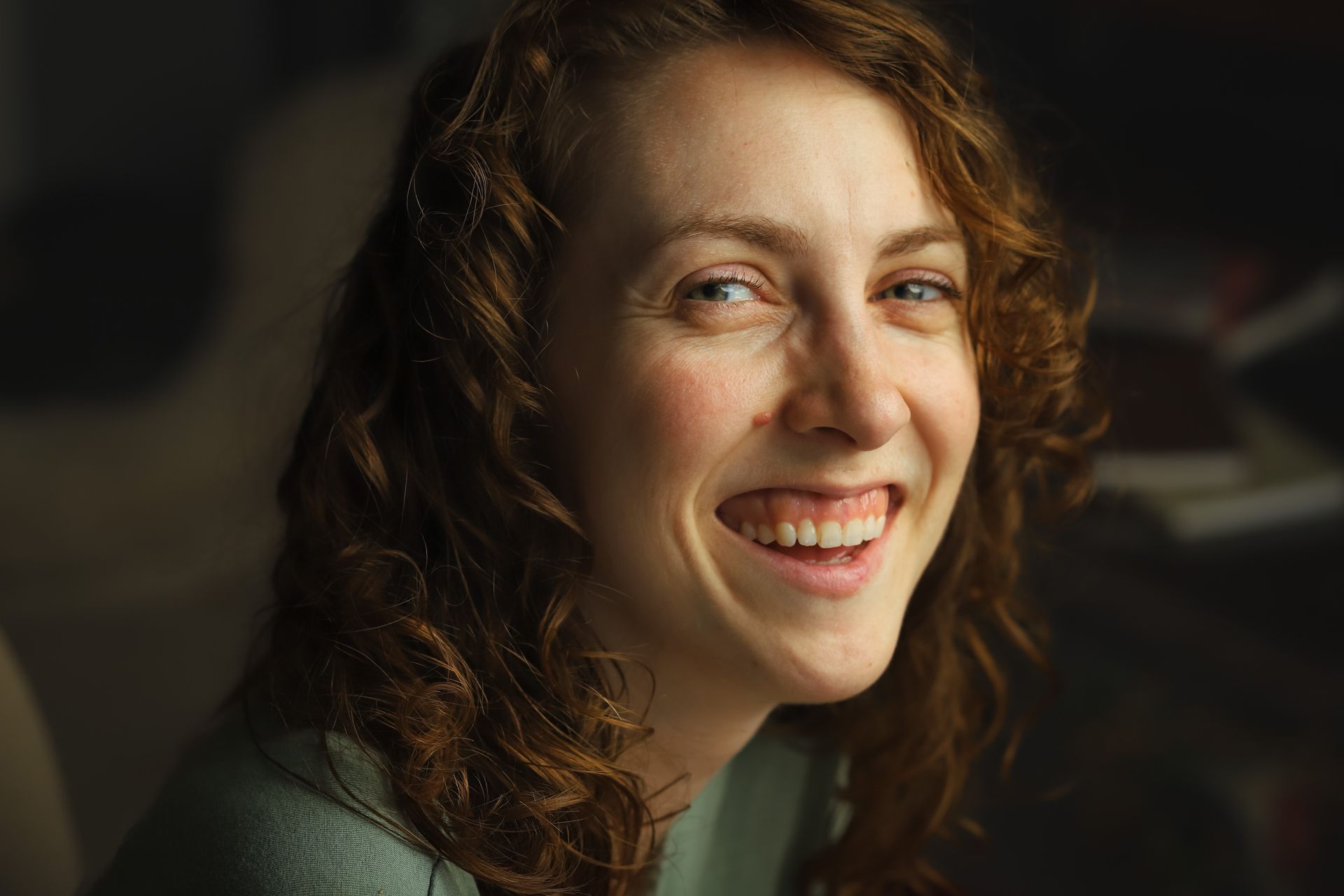Smart Superheroes (11-25 yo)
Evidence-based Emotional Regulation Skills
Learning to be brave, calm, assertive, and willing to negotiate.
Evidence-Based Emotional Regulation Skills - In a Superhero-based Course
Helping people who have Autism, anxiety or who want general emotional regulation skills growth.
Ages: 11-17yo & 18-25 yo
Age-appropriate mini-groups, with a bunch of superhero-loving leaders.
Teens/Young Adults
9x Superhero Skills Sessions
(90 minutes per session)
Mini-groups: 3 or 4 students, with leaders, on Zoom.
Parent Training & Support
2 Parent Sessions
75-90 minutes per session
With experienced leaders, on Zoom.
Next Start Dates:
Note that your young person's weekly sessions could be on any weekday afternoon/evening that suits your family.
You choose one session/week.
Session times are after school or after work times on weekdays.
Your family has a CHOICE of weekly timeslot, because we run a groups 5 days/week, so you have options.


May (2024) Groups:
Pick a weekly session time - beginning mid-May:
After-School or Evening sessions.
Now Enrolling - Some spots still available
July (2024) Groups:
Pick a weekly session time - beginning mid-July:
After-School or Evening sessions.
Now Enrolling - Some spots still available
Superheroes & Emotions - What Your Young Person Learns:
Session 1: The Superhero’s Emotional Journey
Explore the ways superheroes handle their own emotions – fear, courage, frustration, stress, excitement etc
Emotional Challenges For Superheroes
Session 2: Superhero Emotions – Joy, Courage, Anger, Anxiety
Self-talk drives Emotions
The thoughts we focus on impacts our emotions
Routines/habits each day for success
Session 3: Winning & Losing (Sportsmanship and Games)
Purpose/Reasons for games
Sportmanship skills
Losing games without losing friends
Session 4: Handing Big Emotions
Listening to my body to recognise my emotions and on a scale of 1-10
How does my body respond: happiness/anger/anxiety/etc
When are we in control of our big emotions vs when are our big emotions in control of us?
Session 5: Handling life on ‘hard mode’:
Dealing with crazy situations
What actions can I take to get calm?
Decompression/Unwinding
Session 6: Negotiations, disagreements, conflicts
Conflict resolution: when I’m upset at others OR when they’re upset at me
Strategies for: Negotiations, mild disagreements, serious conflicts
Repair strategies/Sorry
Session 7: Hiding & Friendship stages
How do we live as our true selves? Superheroes conceal their true identity but we don't
Relating to our family and supporters
What authentic version of myself do I choose to present
Session 8: Overcoming Problems Grows Self-Respect
Facing Up vs Backing Down: proactively dealing with things
Perspective: How big is this problem and how long will it last?
Self-Worth/Self-Confidence - Helpful thoughts vs unhelpful thoughts
Session 9: Superheroes Need Friends and Allies
Friendship skills: Being a friend vs Consuming friendships
Am I being someone that I would want as a friend?
Self-acceptance/Self-valuing

Course Content
Emotional Regulation Skills
Session 1: The Hero’s Emotional Journey
Explore the ways superheroes handle their own emotions:
- Unknown situations/unfamiliar situations
- Heightened emotions – positive and negative
- Challenges that are bigger than they have faced before
- Uncertainty and confusion
- Bullying, conflict, confrontation
- Team-work, negotiations, willingness to allow others to shine
Emotional Challenges For Superheroes:
Together we look at superhero/comic emotions. In Most superhero movies/comics, the hero deals with 12 emotional stages:
- Ordinary World: The hero feels safe, in their familiar, comfortable life.
- Call to Adventure: Excitement and curiosity spark when an adventure beckons.
- Refusal of the Call: Fear and self-doubt make the hero hesitate and pull back.
- Meeting the Mentor: Comfort and encouragement come from a wise mentor.
- Crossing the Threshold: Bravery vs anxiety as the hero steps into the unknown.
- Tests, Allies, Enemies: The hero experiences frustration, friendships, and confrontation.
- Approach to the Big Challenge: Hero deals with fear and stress when success is uncertain.
- Ordeal/Battle: The hero faces their biggest fear in a critical challenge.
- Reward: Joy, self-respect and pride follow as the hero achieves the worthwhile goal.
- The Journey to ‘New Normal’: A mix of relief and decompression as the hero heads home.
- Near Death Experience: A final test of courage before safety – confirming growth in character
- Levelled-Up for Real Life: Hero transformed, returning home wiser and ready to share experiences.
Session 2: Superhero Emotions – Happiness, Courage, Anger, Anxiety:
Self-talk drives Emotions
- What we say to ourselves changes how we feel.
- Growth mindset – sometimes you win, sometimes you learn.
- We choose the stories we tell ourselves about ourselves – so we choose helpful ones.
Physiology/body + Externals impacts emotions:
How we hold our bodies and use our bodies has an effect on how we feel.
- how can I adjust my body language to help me feel good?
- what clothes can know where to feel confident/good?
- What habits can I start that helps my body be in an energetic, adventure-ready state?
The thoughts we focus on impacts our emotions:
We can influence/control of thoughts. We aim to focus on:
- things that are fun to think about
- things we have some control over and can affect with my own actions
- things that make us feel proud of ourselves
- things we grateful for
Setting up the day for Success:
- Sleep – duration/quality
- Eating breakfast & wise snacks
- Exercise
- Planning our day
- Building helpful habits into our day
- Using checklists and milestones for motivation
- Back-up Plans - for when things to go wrong
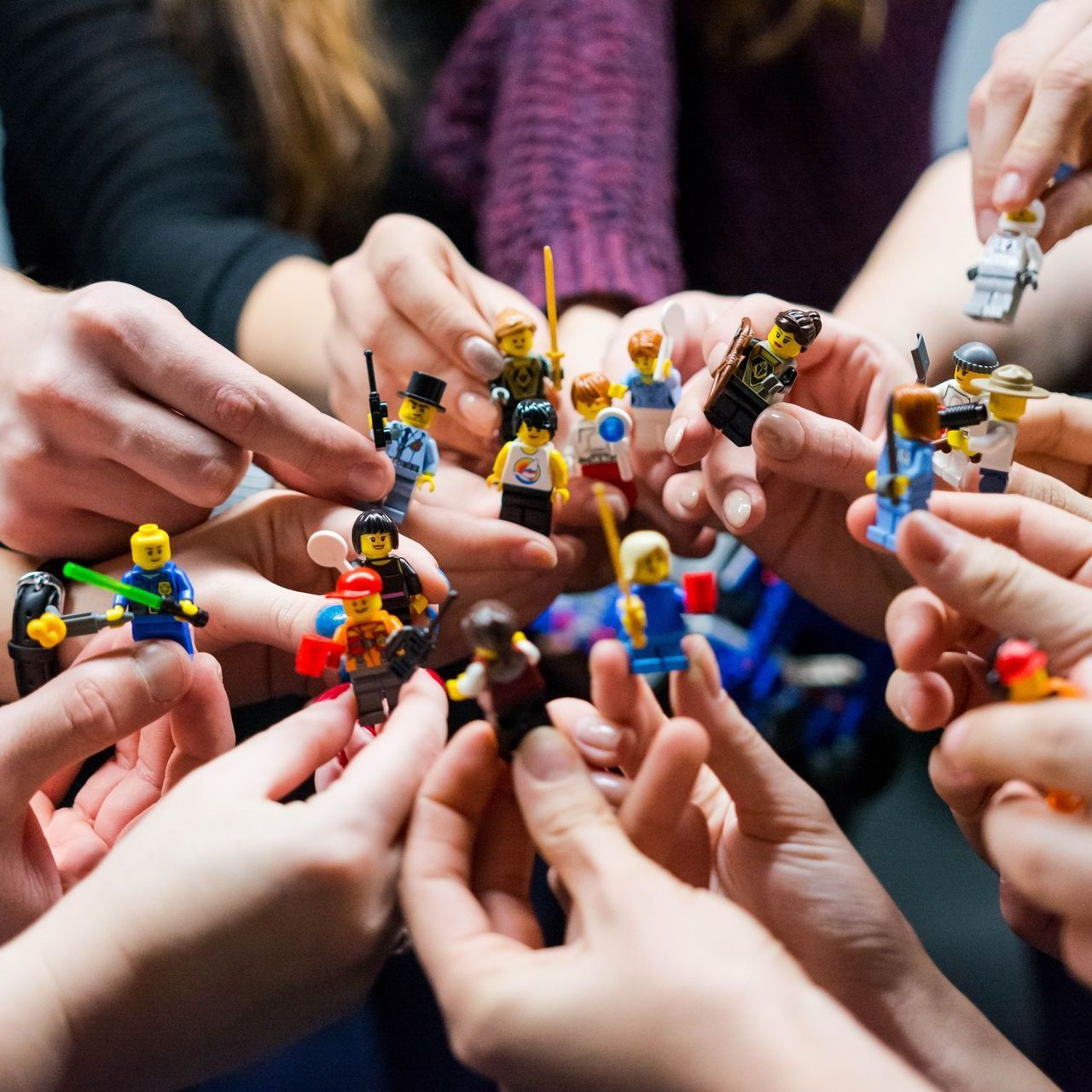
Session 3: Winning & Losing (Without Losing Friends) – Sportsmanship and Games Skills
Purpose/Reasons for games:
We need to remember that the purpose of playing games is not to win the game.
The purpose of playing games or doing sports is to build friendships and have fun.
winning or losing might be the apparent goal of games, but it’s not the real goal.
Sportmanship skills:
- Skills that allow us to be gracious winners?
- Steps that help us come across as a gracious loser?
How does this apply to the real world:
- Gaming – e.g we avoid teasing & 'trash talking' people - even if they are playing unfairly
- Sports – e.g. we congratulate the winners
- Family boardgames – e.g. we finish the game even though we are losing
- School competitions
- Lunchtimes in the playground
Session 4: Handing Big Emotions
Listening to my body to recognise my emotions and on a scale of 1-10.
How does my body respond:
- When I feel happy/excited
- When I feel lost/disappointed/sad about things
- Anger/Frustration
- Anxiety/Worry
When are we in control of our big emotions vs when are our big emotions in control of us?
Just like horses, our emotions need to be harnessed and looked after, so we can use them.
- What do we need to do before we face big emotions.
- what can we do while we face big emotions?
- how do we deal with things after we’ve had some big emotions?
Strategies to regulate (Hitting the reset button):
What are my best strategies:
- Taking time out to self – e.g. go to the bathroom to escape a loud environment
- Exercise - we’d rather hit the gym than hit our limits - gives us ‘think time’ and endorphins
- Headphones - when where in a bad situation, we can choose to focus on our music instead of the situation.
- Focusing on 5 senses - staying out of the heightened parts of our brain by focusing on what we can see, hear, touch etc to stay grounded.
- Physical objects – fidget gadgets, stones, etc.

Session 5: Handling life on ‘hard mode’:
Dealing with crazy situations:
- How do I handle unpleasant environments
- How do I deal with unpleasant people
- How I deal with injustices or unfair events?
- How do I get out of situations before I lose my cool?
What actions can I take to get calm?
Emotional regulation strategies – for easy, normal and hard days
- Low level emotional regulation strategies – e.g when mildly annoyed
- Medium level emotional regulation strategies – e.g. when we feel upset
- High level emotional regulation strategies – e.g. about to really lose it
Decompression/Unwinding:
- Safe places to decompress.
- Decompressing in fun ways.
Session 6: Negotiations, disagreements, conflicts.
Friendships require us to give and take.
The challenge is that it’s easier to see faults in others than in ourselves. That’s why we need to learn to view things through other’s eyes.
What should we do if:
- Someone else is upset with me
- I am upset with someone else
Strategies that work in:
- Negotiations
- Mild disagreements
- Serious conflicts
Repair strategies
- Stepping back into class/anywhere the next day after losing our cool
- Seeing the friends we argued with yesterday
- Choosing whether or not to say “Sorry”
- Choosing whether or not to let go (even in unjust situations)
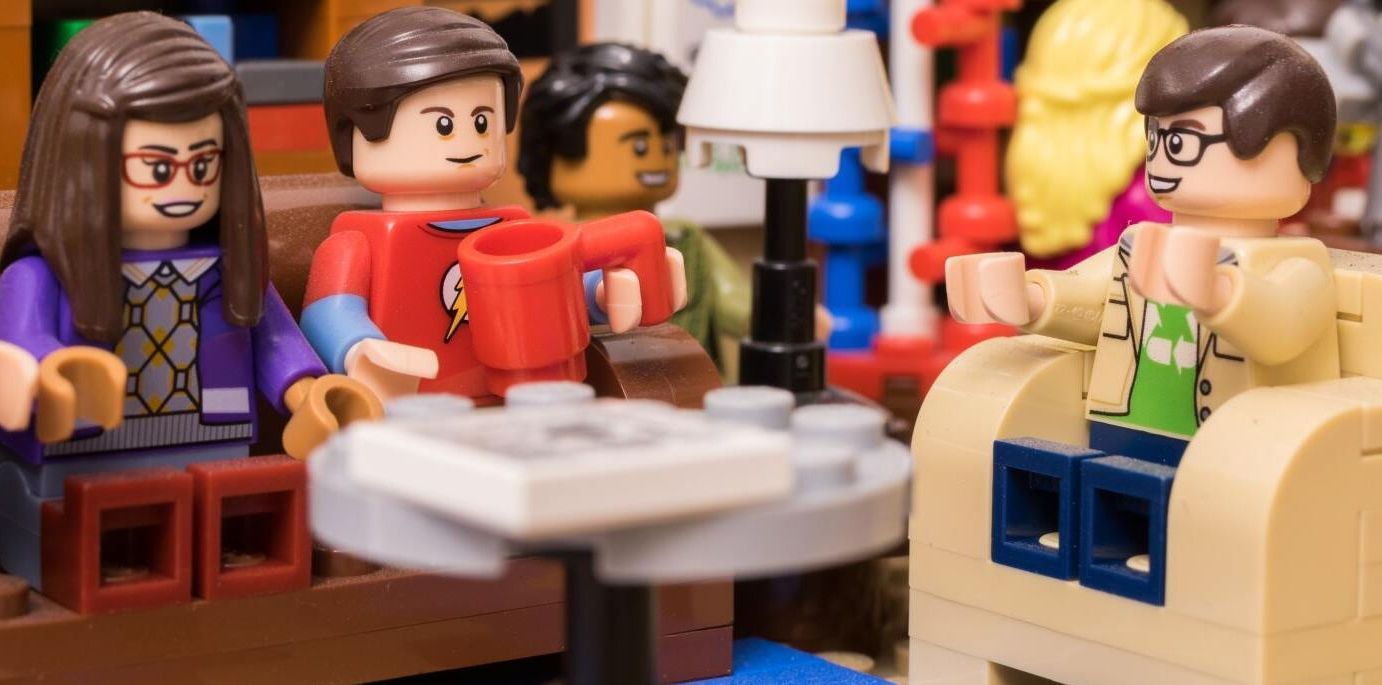
Session 7: Hiding & Friendship stages
How do we live as our true selves? Superheroes conceal their true identity but we don't
- Choosing our moments - socially helpful ways of expressing our opinions/preferences
- When is good timing to express our opinions/thoughts - depending on expressing ourselves diplomatically & kindly.
- Being authentic without damaging relationships.
Relating to our family and supporters
- Emotional regulation with siblings, parents, extended family.
- Who are the people my support network?
- How do I make best use of my supporters?
- How do I build a bigger/stronger support network?
What version of myself do I choose to present to:
- My family
- School and my class-mates
- Online/gaming communities
- Myself when i am alone
Session 8: Overcoming Problems Grows Self-Respect & Confidence:
Facing Up vs Backing Down
Sometimes we need to face problems head-on and proactively deal with things.
We always have a choice:
- Hide from problems, and lose self-respect points
- Face up to problems, and gain self-respect points
- Ask for help for problems and gain self-respect points
- Ignore problems that don’t affect me or are not really my problem - neutral on self-respect points
Perspective: How big is this problem and how long will it last?
- Timeframes: no problem will last forever – how long until this is over
- Only partially affecting me: no problem affects every aspect of my life
- No problem is unique – others deal with this, and have overcome
- We can get help and support for anything – if we’re brave to ask.
Self-Worth/Self-Confidence - Helpful thoughts vs unhelpful thoughts
How can we accept when things are not perfect?
How can we have self-respect even during hard times or while encountering problems?
How do we recognise the difference between failing at something vs being a failure?
Is it true that:
- You are not your mistakes?
- You are not your successes?
Personal growth: “The Hero’s Journey”
At the end of every movie, our superhero has changes and grows as a result of the challenges they face and the obstacles they overcame.
How have we changed and grown in the last couple of years after facing challenges?
Session 9: Superheroes Need Friends and Allies
Friendship skills:
How do superheroes treat their friends?
How do superheroes grow friendships over time?
How do superheroes deal with different opinions?
how important is teamwork vs doing things alone?
Am I being someone that I would want as a friend?
If I met another version of myself in an alternate universe, what would I like about meeting me and what would I not be happy about.
Self-acceptance/Self-valuing
We need to be friends with the person we see in the mirror - then we will be able to give/receive friendship with others.
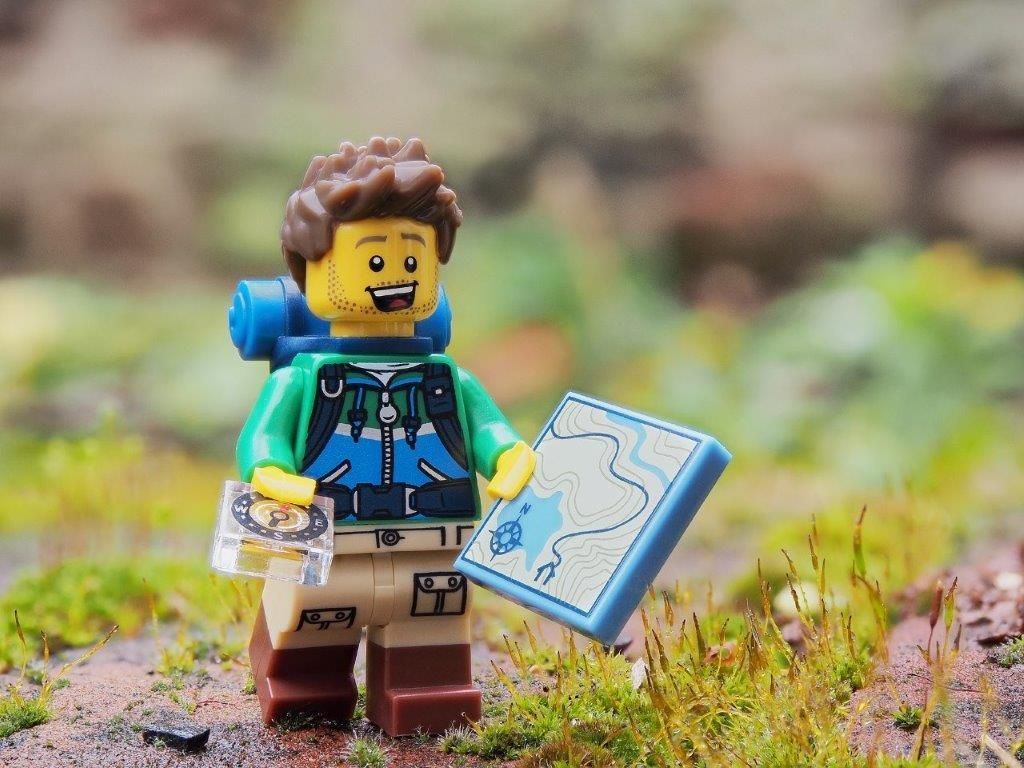
NDIS Funding Options
Total program cost: $1950
Self-Managed Families & Plan-Managed Families
NDIS funding can generally be used for self-managed or plan-managed participants. Your plan manager or support co-ordinator will be able to help you understand details.
Which Funding Categories?
Chat with your plan manager for what is relevant to your situation. It is helpful to know that other families have told us they use these categories:
a) Increased Social and Community Participation
OR
b) Improved daily living

Peace-Of-Mind Promise: What if my young person needs to pull out?
Your child can:
Stop doing their course if they need to.
Switch to a different course if you need to.
Do ‘catch-up’ sessions for missed sessions.
You won't be billed for an entire course if your child needs to pull out.
Almost every time, our kids/teens find their groove and enjoy their sessions.
If your child needs tweaks, we can switch your child to a different mini-group, modify session times, or even pair them with a different leader.
We understand that sometimes life seriously happens… A death in the family, sudden health issues, parents going through a hard time etc etc.
But rest assured, if it doesn't work out (and it will), you're only billed for the part of the course that your family participated in.
Advantages
After School/Work Sessions
Don't miss out on school.
We've set things up so that your child doesn't have to miss out on school and you don't have to deal with midday appointments. Instead, all sessions are at after-school times in the afternoons or evenings because your child needs routine. We can help that just by scheduling sessions conveniently for you.
No Waiting Lists!
You hate waiting lists and so do we!
Your child needs to learn asap. We have many, many groups and we would rather add more groups than have a waiting list. Every week your child is not learning new skills is a wasted week. We'll do everything we can so your child can start in our next course.
Teens & Young Adults Can Thrive
Smart Superheroes is used to help children with ASD, anxiety or any social skills development needs gain skills and confidence. It teaches students how to make friends and keep them. It gives your child the opportunity to develop a wide range of skills and gives them abundant opportunities to practice those new skills.
See What your Son/Daughter will learn:
NDIS Reports Provided
Parents often ask, “Can I please have a report for our NDIS plan review?”
Rest assured, the answer is a resounding "Yes!"
We'll arrange that for you.
No hidden fees - All reporting like this is already built into the standard program fee, so you will not be given an extra fee beyond the usual cost of the program.
Social, Communication & Life Skills - in an ASD-Friendly Way
1. Each session, young people learn a new social skill, broken down into simple steps.
2. Learners can see new skills demonstrated by leaders in a fun way.
3. We practise new skills in a supported environment.
4. Learners play fun games to discover effective ways to apply their new skills.
5. We help your young person to try out these skills at home and at school for themselves.
6. We collaborate with parents and teachers to create opportunities new skills to be practised.
What parents are saying
You are passionate about supporting, encouraging and growing the kids you’re working with. I’m so glad we’ve found you!
Sally J.
Mum of 9 year old daughter, near Melbourne.
Thank you for all your care and support with our son. We are so impressed and grateful for this program. Not to mention the skills he is using daily from it!
Irene
Delighted Mum of primary school son in Sydney.
Oh my goodness! Blake absolutely loved last night. Thank you so much! It made him feel very special and comfortable.
Vic
Mom of 10 year old child.
Other Programs Loved By Kids & Teens
Want to know more?
Is this course right for your child? Get in touch with the team to arrange for your child to get started. It’s a way to start learning about new social skills, making better friendships and enjoying their school experience more.
